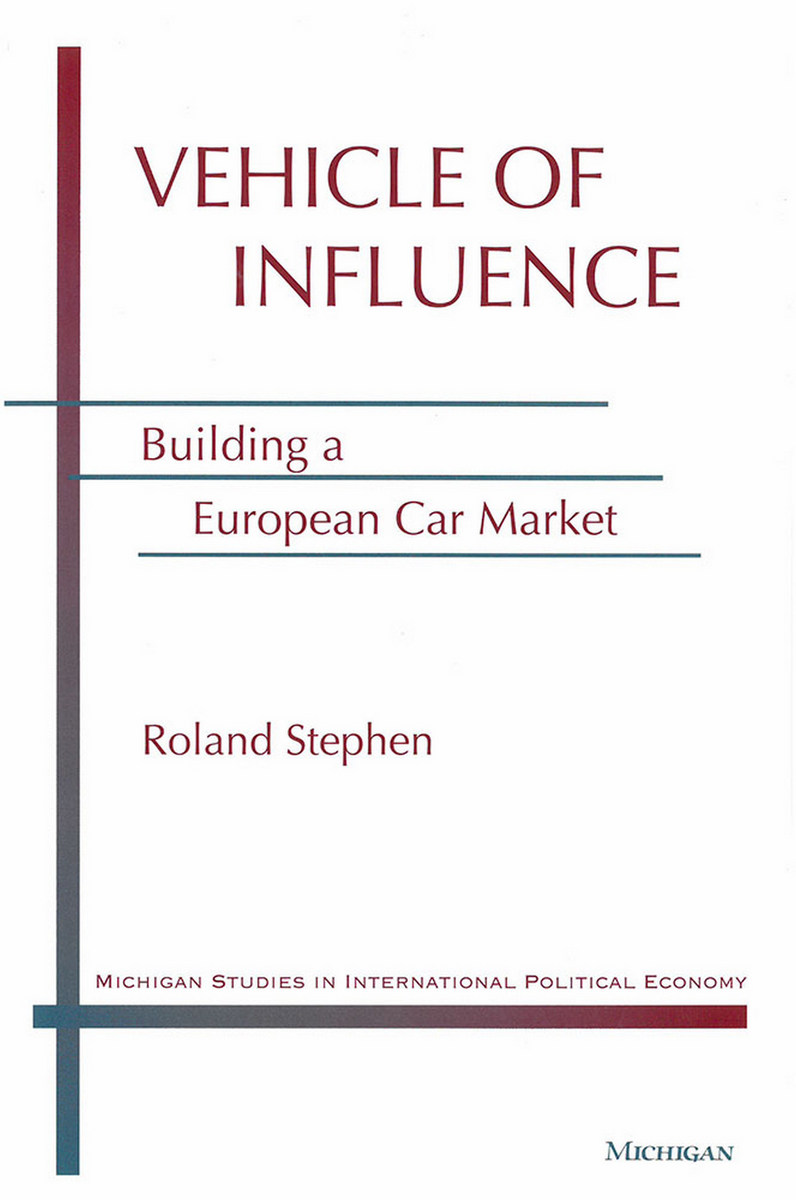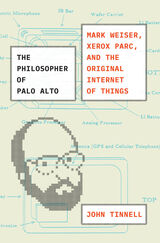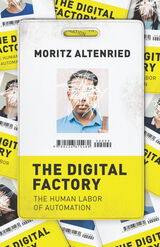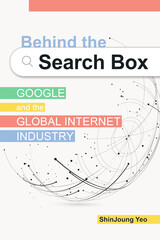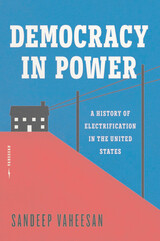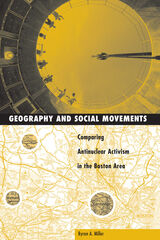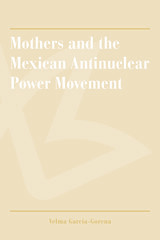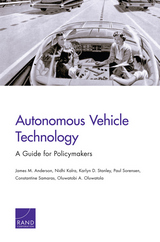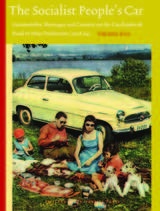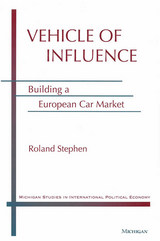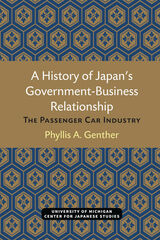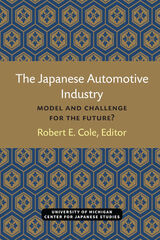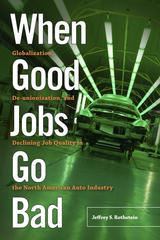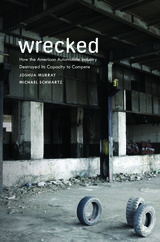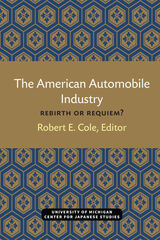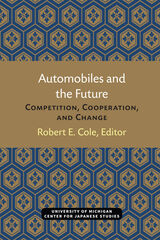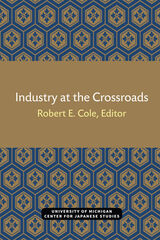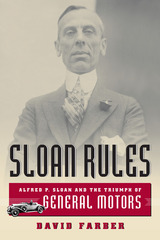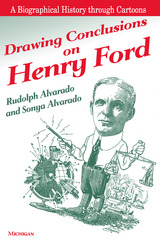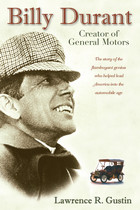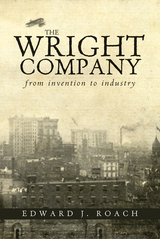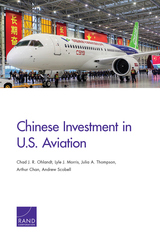Vehicle of Influence: Building a European Car Market
University of Michigan Press, 2000
eISBN: 978-0-472-02323-3 | Cloth: 978-0-472-11121-3
Library of Congress Classification HD9710.E82S74 2000
Dewey Decimal Classification 380.1456292094
eISBN: 978-0-472-02323-3 | Cloth: 978-0-472-11121-3
Library of Congress Classification HD9710.E82S74 2000
Dewey Decimal Classification 380.1456292094
ABOUT THIS BOOK | AUTHOR BIOGRAPHY | TOC | REQUEST ACCESSIBLE FILE
ABOUT THIS BOOK
This study examines a crucial period in European integration, ending in the early 1990s, when significant progress was made towards the dream of a unified European market. It shows how European automakers were part of these changes and how their influence within the institutions of the European Union (EU) yielded a wide range of policy compromises governing a single European car market.
The book begins by reviewing the history of the EU and the logic of regional free trade, and goes on to develop a political explanation for the kinds of changes that actually occurred. The author argues that European automakers enjoyed a privileged place in the political arena, albeit one much transformed by the new institutions of the EU. Therefore, these firms often significantly influenced regional policy outcomes. The argument is applied to policymaking in the important areas of environmental regulation, trade, subsidies, and anti-trust regulation.
This work lies at the intersection of business, economics, and political science and is of interest to both experts and non-specialists with an interest in the tremendous economic and political changes brought about by the creation of a united Europe and, more generally, by the worldwide process of regional economic integration. Academics, professionals, businessmen, and leaders in government all have something to learn from the way in which firms and governments combined to build the largest car market in the world.
Roland Stephen is Assistant Professor in the Department of Political Science, North Carolina State University.
The book begins by reviewing the history of the EU and the logic of regional free trade, and goes on to develop a political explanation for the kinds of changes that actually occurred. The author argues that European automakers enjoyed a privileged place in the political arena, albeit one much transformed by the new institutions of the EU. Therefore, these firms often significantly influenced regional policy outcomes. The argument is applied to policymaking in the important areas of environmental regulation, trade, subsidies, and anti-trust regulation.
This work lies at the intersection of business, economics, and political science and is of interest to both experts and non-specialists with an interest in the tremendous economic and political changes brought about by the creation of a united Europe and, more generally, by the worldwide process of regional economic integration. Academics, professionals, businessmen, and leaders in government all have something to learn from the way in which firms and governments combined to build the largest car market in the world.
Roland Stephen is Assistant Professor in the Department of Political Science, North Carolina State University.
See other books on: Automobile industry and trade | Building | Competition, International | Economic Policy | European Union countries
See other titles from University of Michigan Press
